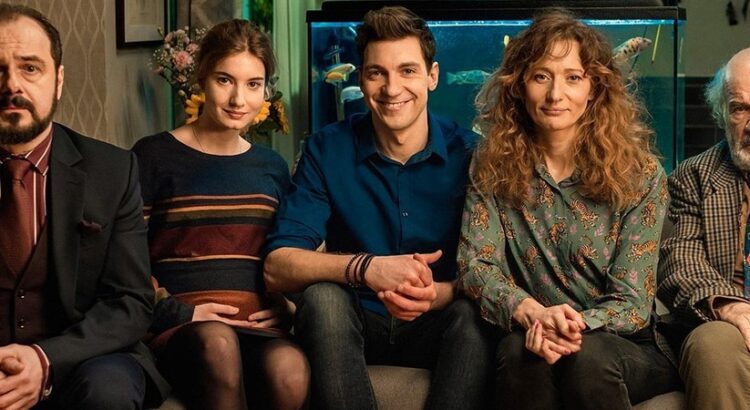*There won’t be any spoilers… at least not intentionally*
Black Panther: Wakanda Forever definitely did not unfold as I expected it to. I didn’t think it’d be as good as the first Black Panther, but I’m pretty disappointed in the quality. Letitia Wright (Shuri) truly got to shine in this film and her performance was phenomenal. In my opinion, though, the plot still held back what she is capable of. I look forward to seeing her acting in other films for sure.
I mentioned in my preview that I was curious if the directors might use Wakanda Forever to start building toward a driving plot for the new generation of Marvel, but that didn’t happen at all. None of the other recent Marvel films I’ve seen so far have done that either, though, besides the latest Spider-Man, so I’m not upset with Wakanda Forever in that regard.
What upset me is the storytelling, pacing, and characterization.
I wanted to see how the creators would effectively work around the hole left behind by Chadwick Boseman’s death but the resolution they came up with was very flat. The opening scene was definitely exhilarating and emotional but the transition to the next scene was rather anticlimactic and there wasn’t much explanation provided. Whenever the topic came back up, there weren’t any additional details either as I hoped there would be.
This relates to the problem of pacing I mentioned before: after the initial drama, the rising action was very slow and tedious. I didn’t feel like there was a steady buildup and so once the climax hit we were bombarded with a lot of rushed action and character development, leading to an unsatisfactory falling action as well. Not only that, though; the initial premise for the conflict was pretty promising, but then the conflict itself was rather… interesting. A new character that I thought would be vital didn’t play as impactful as a role that the premise hyped her up for, either, which I found surprising. The ending scenes did somewhat tie back to the opening, but there were a lot of holes left in the plot, especially in regards to the passage of time, and ambiguity for what comes after.
Something I did really like about the plot though is the dynamic difference between Shuri and the elders. We already saw some tension between them in the first film, but it played a bigger role this time as a recurring theme. I think lots of young adults would be able to relate to generational differences, such as scientific vs. spiritual beliefs and progression vs. tradition. I wish they showed more scenes of them interacting.
Overall, it’s not a film I’d recommend for its quality. I also don’t think it’s essential to the Marvel Universe, and perhaps watching it might even take away from the impact that the first Black Panther had. I do think my review sounds rather harsh: I don’t actually hate the film, but it’s just disappointing and not something I’d watch again or recommend to others.







